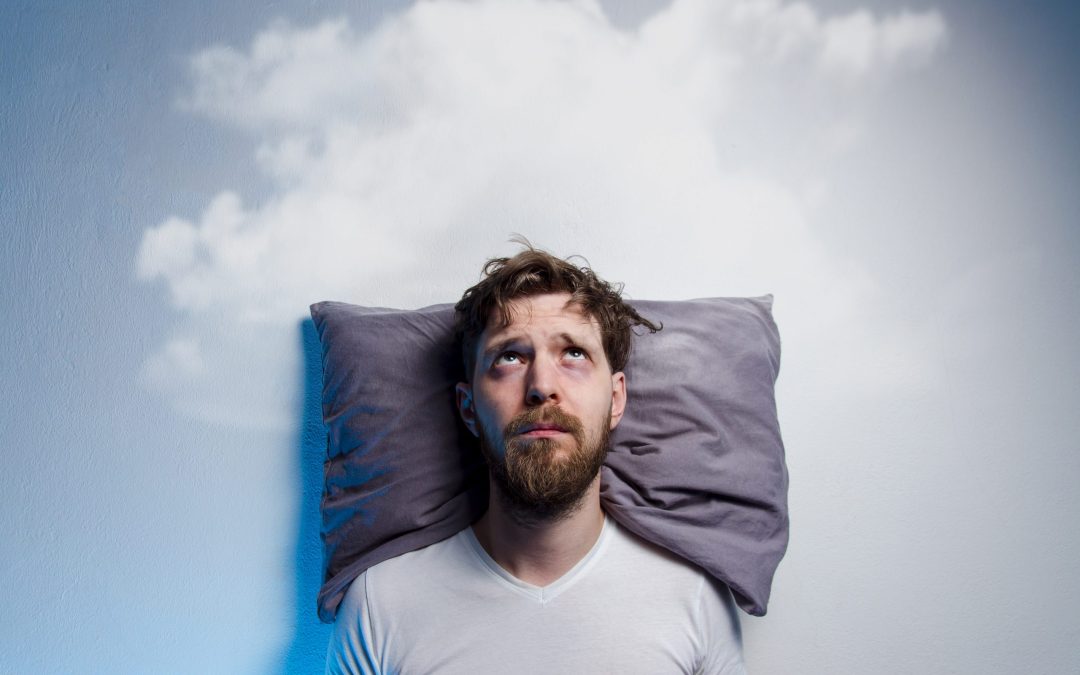How to get a better night’s sleep: 4 steps to soothing slumber
Wide awake after having a lavender bath and counting a thousand sheep? Try these clever sleep tools from Oliver Burkeman to help slumber come more easily

4 minute read
Many of us who’ve struggled with insomnia already know the basics of ‘sleep hygiene’: make sure your bedroom is dark, keep a regular bedtime, only use the bed for sleep and sex… But you’ve probably also found those tips aren’t enough. That’s because sleep gets sabotaged by what psychologists call an ‘ironic effect’: the harder you try to nod off, the more difficult it gets. To avoid this, you need to reduce your emphasis on sleep, which calls for craftier techniques.
1. Decide on a ‘safety thought’
It’s easy to feel that insomnia is a disaster that will ruin the following day – and the ensuing panic makes sleep more elusive still. Sasha Stephens, author of The Effortless Sleep Method (Dark Moon, £11.99), suggests memorising a more accurate thought, such as: ‘It’s never as bad as I think it’s going to be.’ Commit it to memory during the day, so you can talk yourself off the psychological ledge at night.
2. Reduce your time in bed
Surprising as it sounds, research suggests that too much time spent in bed makes insomnia worse. Subconsciously, you associate your bedroom with tossing and turning and, should you lie in, in an effort to catch up, you’ll be insufficiently tired when your next bedtime rolls round, which means another sleepless night. Instead, try limiting time in bed. If you need seven hours’ sleep to feel refreshed, try getting up exactly seven hours after going to bed. The first few days will be tiring, but you should soon find that you’re spending more of those seven hours asleep.
3. Shuffle your thoughts
According to one theory, the brain allows itself to shut down and sleep once the thoughts arising in consciousness are random and disordered – in prehistoric times, a sign that there were no predators or other dangers requiring alertness. The cognitive scientist Luc Beaudoin recommends visualising random images, one after the other, for example, by imagining as many objects as possible beginning with ‘A’, then ‘B’, then ‘C’… (His app, MySleepButton, automates the process.)
4. Throw away your crutches
Stephens says insomnia is a loss of confidence in your ability to fall asleep on your own. So, if you tell yourself that you need herbal tea, a warm bath or white noise, you’re undermining your faith in yourself further, making insomnia worse over the long term. You should never stop taking any prescription drugs without consulting your doctor, but try abandoning other ‘sleep aids’ – because they’re probably not helping your sleep.
Oliver Burkeman is author of ‘The Antidote: Happiness For People Who Can’t Stand Positive Thinking’ (Canongate, £8.99)
Image: Getty








